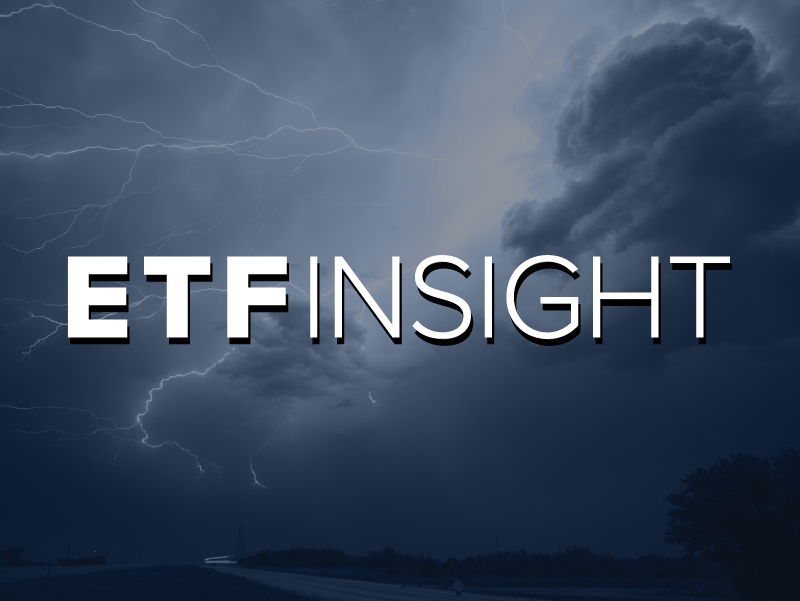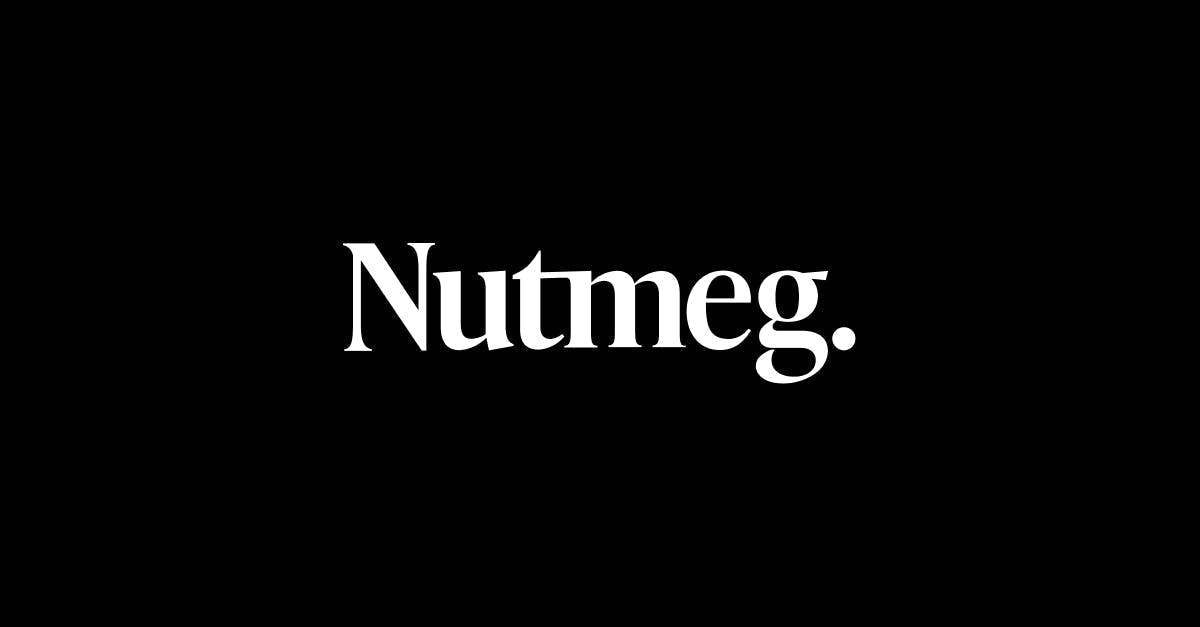The currently volatile macroeconomic and global political backdrop means it is no surprise that the ETF market should have seen record monthly outflows in August. Yet, if there is a silver lining to the bleak statistics, it might be that the falls indicate that ETFs pose no more systemic threat in stress-laden times that any other financial product.
The figures for equity ETFs in particular are certainly downbeat. The cross-asset research team at Société Générale (SG) show that equity ETFs endured all-time high outflows of $30bn in August. The SG team pointed out that the “massive outflows” were consistent across all regions, although it was emerging market equities which suffered worst with outflows of $12.1bn, an all-time high.
In sectoral terms, and in line with fears over the global economy, it was the financials where investors most clearly got cold feet while small-caps were also out of favour, posting three-year high outflows of $3.7bn.
SG doesn’t elaborate too much on the causes of the reverse, other than to cite the current doom triumvirate of escalating trade tensions between the US and China, fears of a global economic slowdown and continuing Brexit uncertainties.
But interestingly, the data also shows further inflows into fixed-income. Looking at the same global data, Amundi said that in total there was €17bn of new money going into bonds with sovereign funds accreting €9bn.
Now, much has been made of the potential for passive investing to be a ‘bubble’ with Michael ‘the Big Short Burry being the latest in a long line of critics to claim that the amounts being invested in the area of passive funds and ETFs was somehow a systemic risk.
So what do the outflows in August in equities tell us about whether passive is a bubble? Firstly, as James McManus, investment manager and head of ETF research at Nutmeg, points out we should be wary of calling a trend after just one month’s data.
“In the context of flows year to date into US listed ETFs the outflow last month was very small,” he said. “In a broadly negative month for equity returns, flows into fixed income ETFs were positive whilst equity ETFs saw some selling.”
The weighing machine
Peter Sleep, senior investment manager at 7IM, alludes to the ‘technology’ of ETFs, in particular, saying they are only the channel through which the emotions of investors are “routed into the market”.
The risk-off nature of the figures from August – moving away from equities and into government bonds – is a function of investor fears becoming manifest in their investment decisions. “The same people that were in active 10 tears ago are now in passive and those that sold out then will sell out again,” he said. “Investors aren’t more panicky. If there is a crash it will because by human emotion, not a technical mechanism.”
For Sleep, a more pertinent issue with passive is that it is effectively recycling money into the old economy rather than putting it into new areas of the economy. One response to this is to put more money in active funds.
“I have been struck by the flexibility now creeping into active, so of that’s the case, if you find an active manager you are confident in, you may start to buy active managers again.”
However, as Sleep adds we are still very much living in the shadow of the great financial crisis and one by-product has been the increase of cross-correlation of stocks. “That has made it much harder for stock pickers,” he said. “So the huge return bond investors have made from buying very safe bonds has made it difficult for European equities in particular.”
But pointing to the flows into bond ETFs, Sleep suggests that “people remain momentum driven and that is not anything to do with flash crashes.”
“That’s just human nature. It’s herding. People chase performance. It’s pure (Daniel) Kahneman. When markets sell off, everything will sell off; it won’t just be ETFs. None of the recent crashes have been that way.”
Effectively, the ETF ‘bubble’ is nothing more than a reflection of general investment trends and, for good or ill, how flows outflows interact with the rest of the market in times of stress will be down to human behaviour. In which case it will really be a case of shooting the messenger if anyone thinks the products are at fault.
ETF Insight is a new series brought to you by ETF Stream. Each week, we shine a light on the key issues from across the European ETF industry, analysing and interpreting the latest trends in the space. For last week’s insight, click here.



